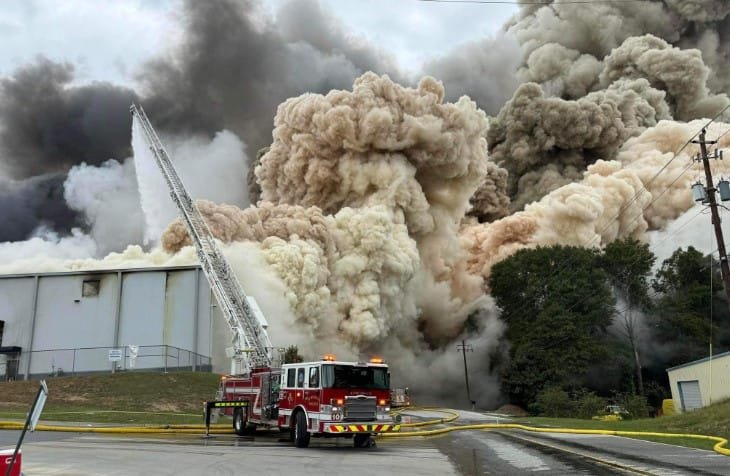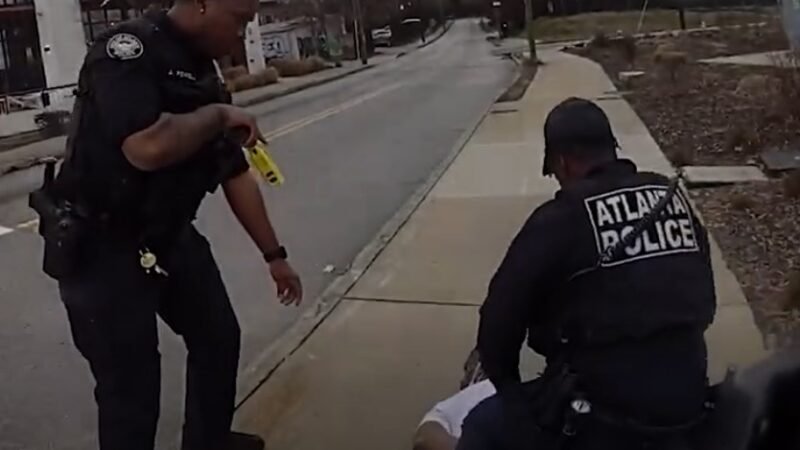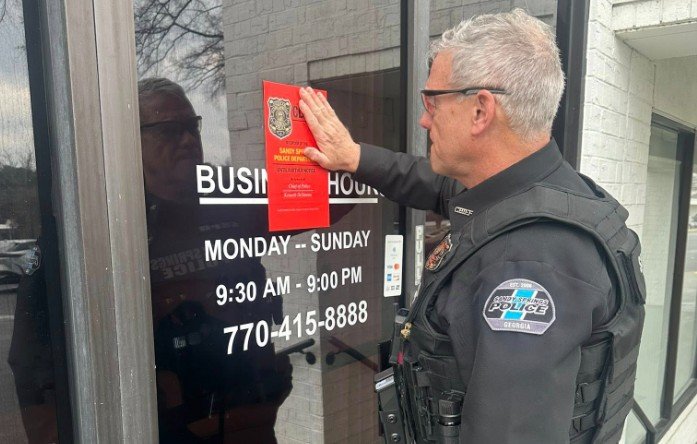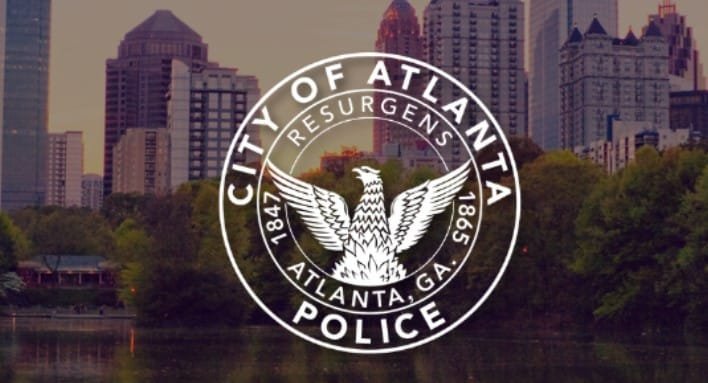Air Quality Alert Issued for Metro Atlanta Due to Bio Lab Chlorine Smoke

The Georgia Environmental Protection Division (EPD), Georgia Department of Public Health (DPH), Georgia Emergency Management and Homeland Security Agency (GEMA/HS), and the U.S. Environmental Protection Agency (EPA) continue to monitor air quality levels in the Atlanta metro area as shifting weather patterns affect the spread of chlorine smoke from the ongoing Bio Lab incident.
Overnight, monitoring around the Bio Lab facility detected chlorine levels exceeding the action threshold, though site workers have made progress in neutralizing the chemical. As the neutralization process continues, periodic increases in chlorine levels are expected.
Real-time air monitoring is being conducted using the EPA’s Trace Atmospheric Gas Analyzer (TAGA), a mobile laboratory capable of detecting outdoor air emissions. Current weather models predict that winds will shift from east to west after sunset on Wednesday, with smoke likely settling toward the ground and moving toward Atlanta. Residents may wake up Thursday morning to a haze and the smell of chlorine.
Officials note that chlorine has a low odor threshold, meaning it can be smelled even at safe levels. However, smoke containing chlorine compounds can cause symptoms such as eye and airway irritation, coughing, shortness of breath, and headaches. Those with heart or lung conditions may experience more severe symptoms.
Health Precautions:
- Limit outdoor activities and stay inside when smoke is present.
- Keep windows and doors closed; use air conditioning with recirculated air if possible.
- Elderly individuals, children, and those with weakened immune systems should avoid outdoor exposure.
- Follow medical advice if you have respiratory conditions like asthma.
While air quality is currently within safe levels, residents are urged to continue following guidance from local emergency management agencies. If symptoms occur, contact your healthcare provider or the Georgia Poison Center at 404-856-6252.






